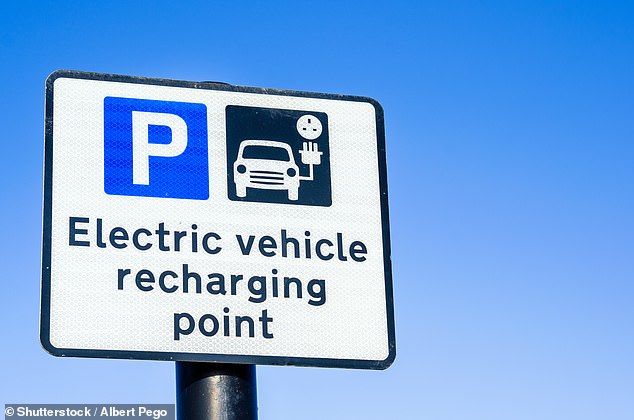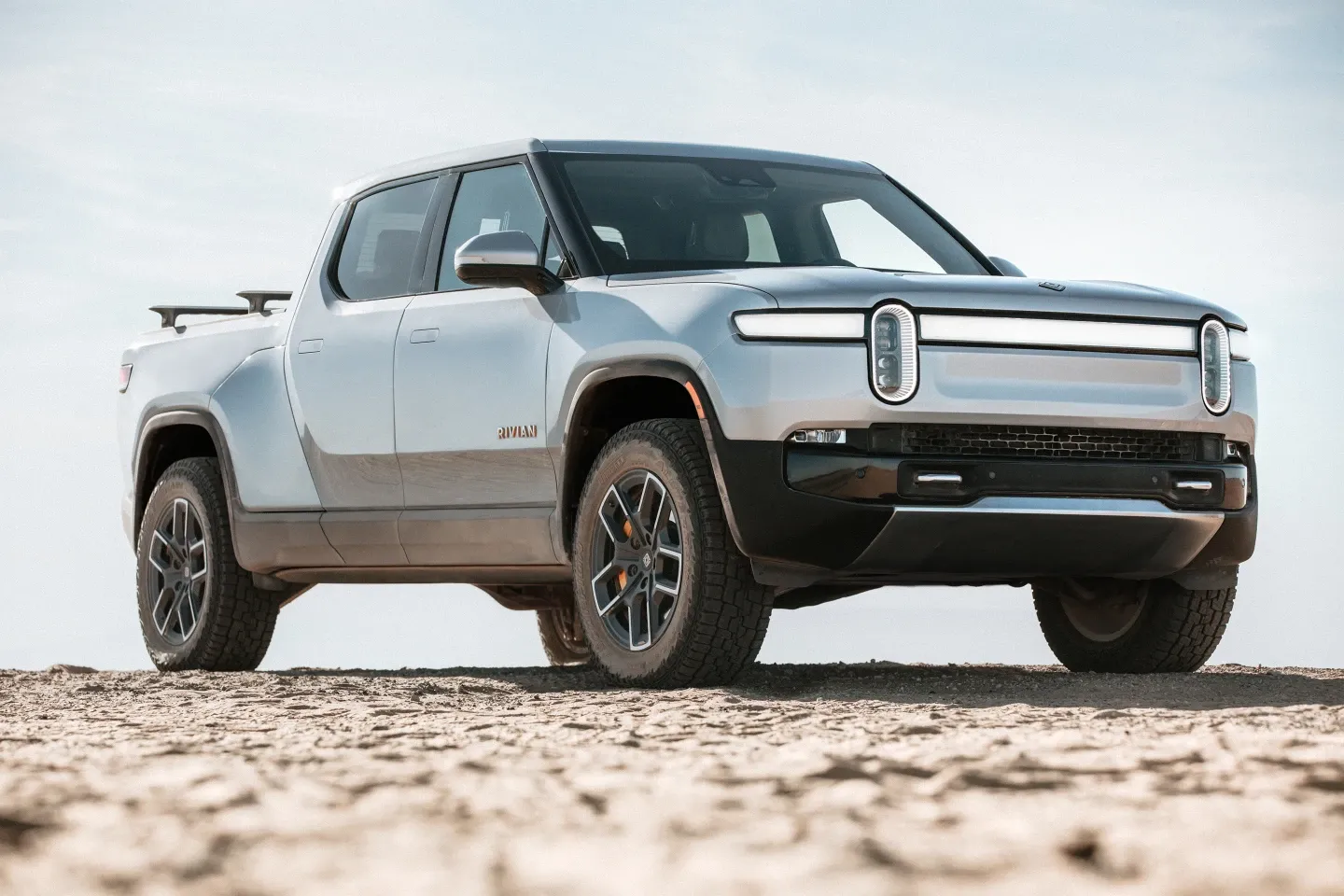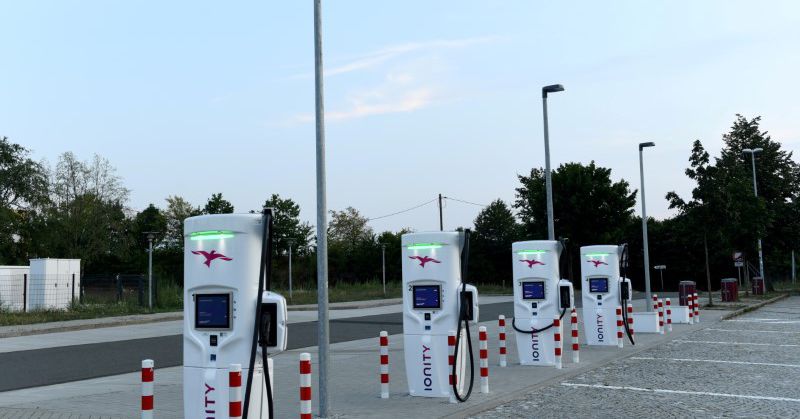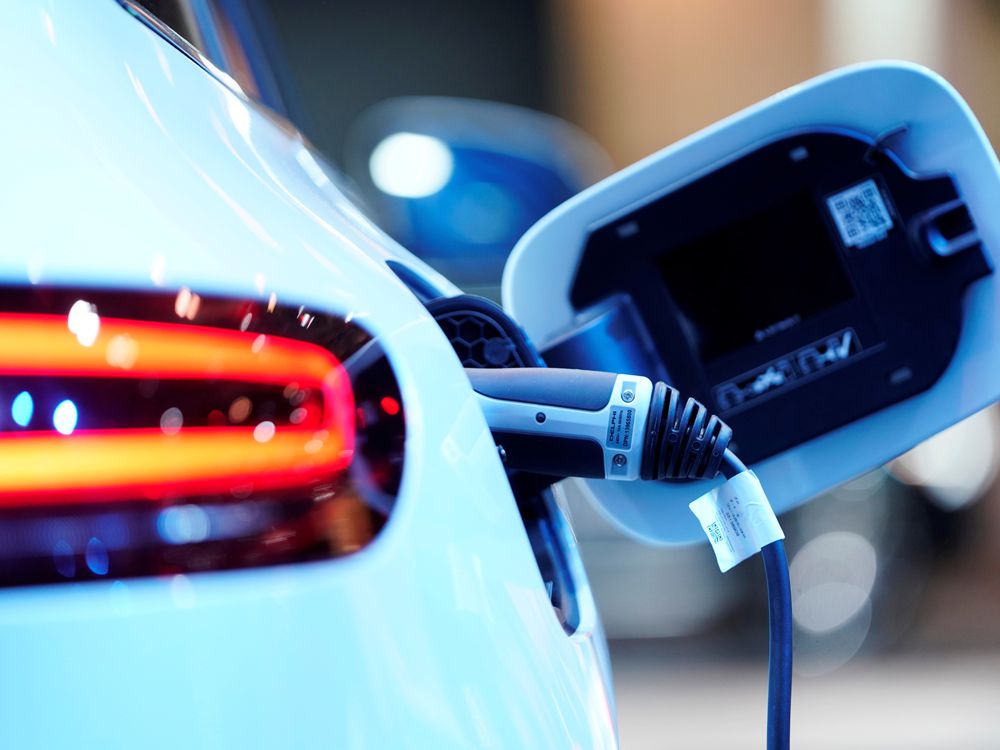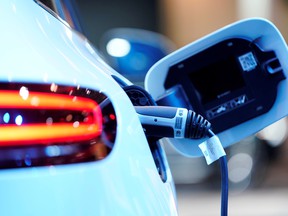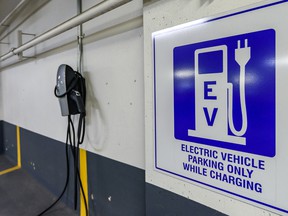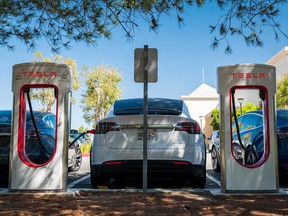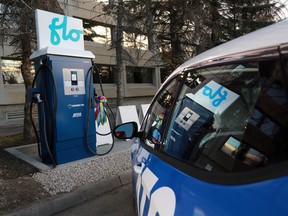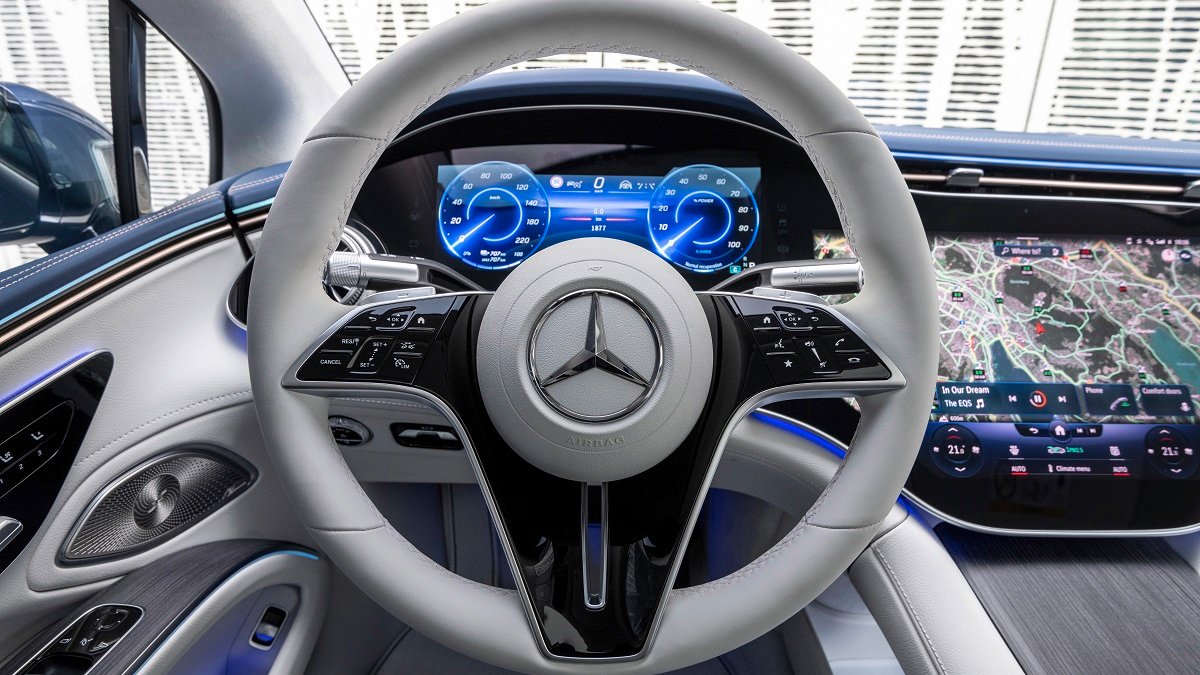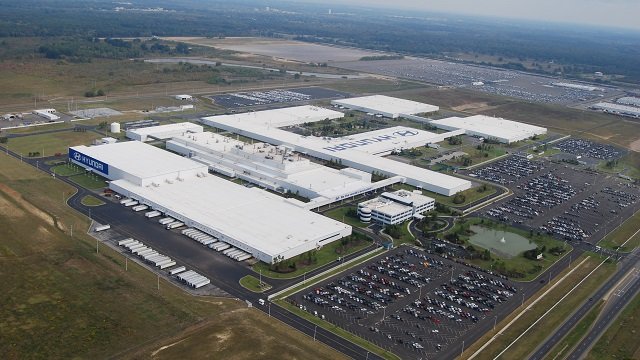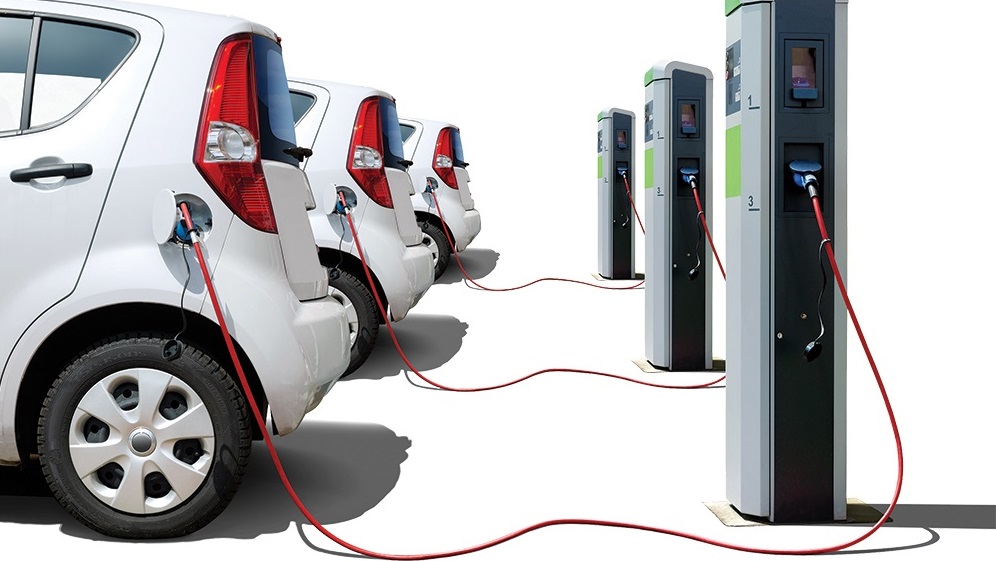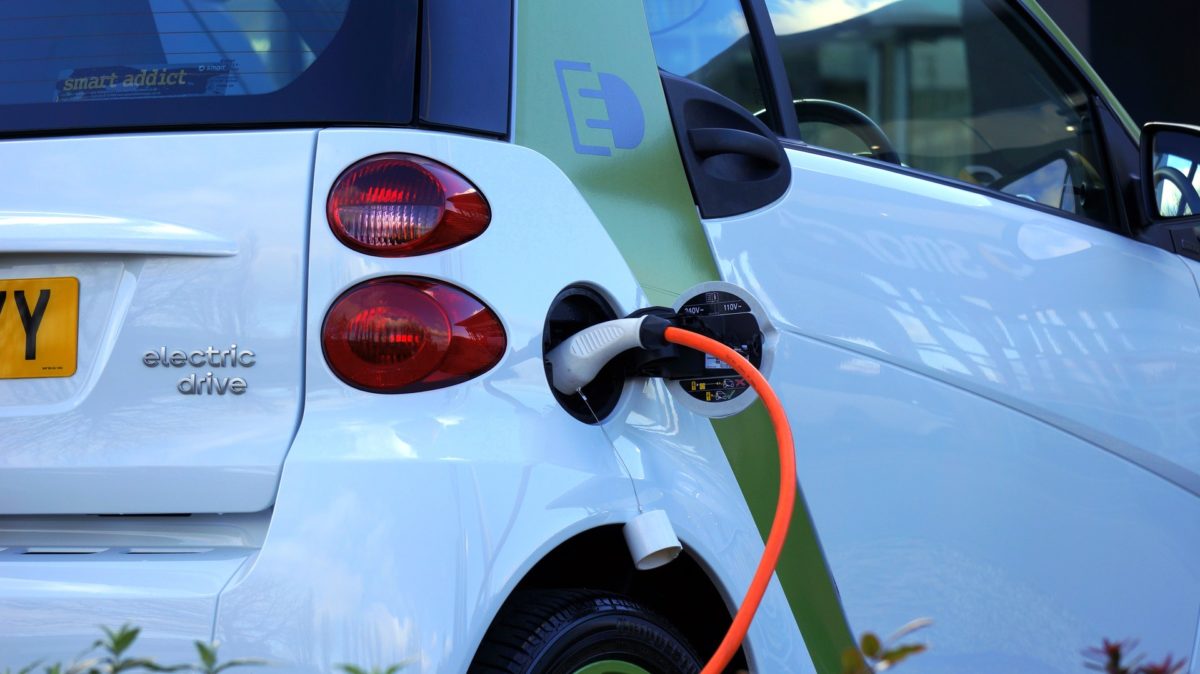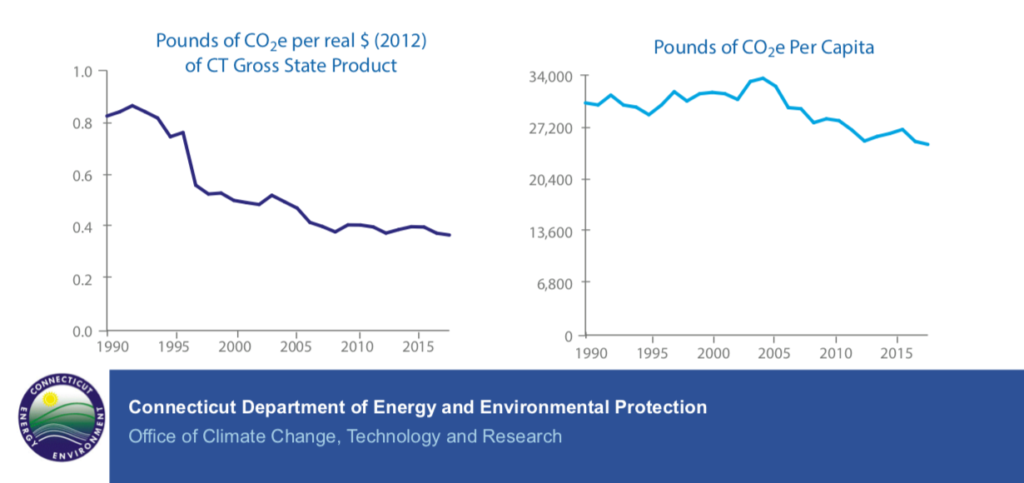Aug 12 (Reuters) – Chinese electric vehicle maker Li Auto made a weak debut in Hong Kong on Thursday as its shares traded flat, while the company also flagged it could consider a mainland listing.
The company raised $1.52 billion by pricing its stock at HK$118 each in its dual primary listing in the city. Li Auto is also listed in New York.
Earlier in the day, Li Auto shares fell as much as 2.1%, with the Hong Kong’s Hang Seng Index (.HSI)trading flat in the early Asia session. The weaker debut followed a 1.1% rise in New York-listed Li Auto shares on Wednesday.
Li Auto’s Hong Kong deal is the first major listing of a Chinese company after mainland authorities implemented strict new regulations on industries ranging from tech to education and online gaming. read more
Officials have also flagged tighterrules on companies listing overseas that have major data components in their businesses.
At HK$118 each, the price represented a 3.2% discount to the level where the New York stock was trading before the Hong Kong deal was launched on Aug. 3.
Li Auto’s president Shen Yanan told reporters that it is internally discussing the possibility of issuing A-shares in mainland China.
It is developing battery electric vehicles in addition to its current extended range electric vehicle model, which uses a different powertrain, to expand its customer base, Shen said. The first battery electric model is expected to be sold in 2023, Shen said.
Li Auto plans to set up a new factory in Beijing to expand manufacturing capacity and to have more showrooms in shopping malls across Chinese cities to expand sales channels, Shen said.
The electric vehicle maker had aimed to raise more funds at its Hong Kong debut but the stock dropped 4% in the United States last Thursday before the price was finalised, which reduced the amount investors were willing to pay.
The U.S. listed stock has fallen 8.75% in the past week but remains 6.5% higher for the year.
“Since the price for the Hong Kong shares has been set, Li Auto’s share price in the US has been down quite a bit so that has set the tone for Hong Kong,” Kingston Securities director Dickie Wong said.
“Given its a dual listing, we should see the Hong Kong shares trade in line with the US, and there doesn’t seem to be much upside at the moment.”
Li Auto sold 100 million shares in the Hong Kong deal and chose a dual primary listing rather than a secondary listing as it has been listed in New York for less than two years.
Under Hong Kong rules, a secondary listing requires at least two financial years of good regulatory compliance on another qualifying exchange.
Dual primary listing allows qualified Chinese investors to take part through the Stock Connect regime linking mainland Chinese and Hong Kong markets, according to the exchange’s rules.
Reporting by Donny Kwok and Scott Murdoch in Hong Kong, and Yilei Sun in Beijing; Editing by Ana Nicolaci da Costa
Our Standards: The Thomson Reuters Trust Principles.
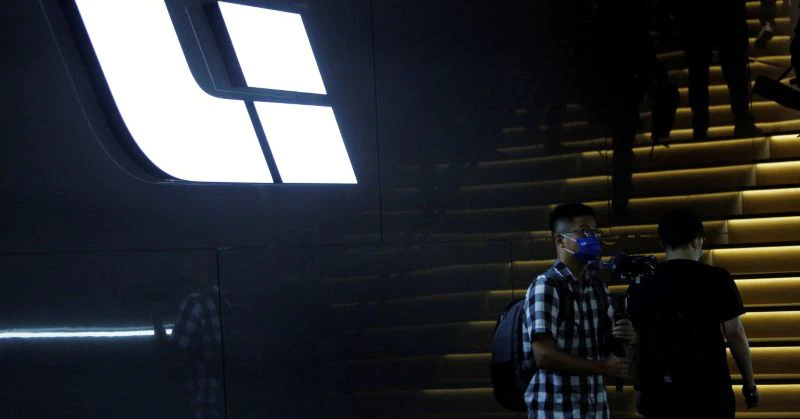
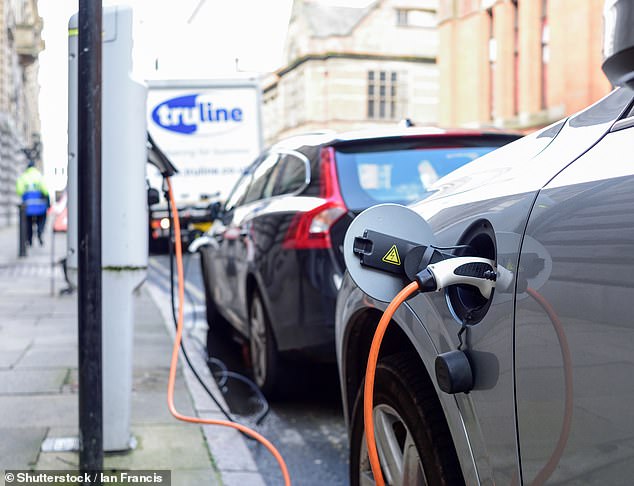
![As part of the plan, they will make it easier to compare the costs of different public charging points in a bid to drive competition and bring down prices. [File picture]](https://technologynewsroom.com/wp-content/uploads/2021/08/1628731766_125_Ministers-set-to-publish-electric-vehicle-infrastructure-strategy-that-will.jpg)
